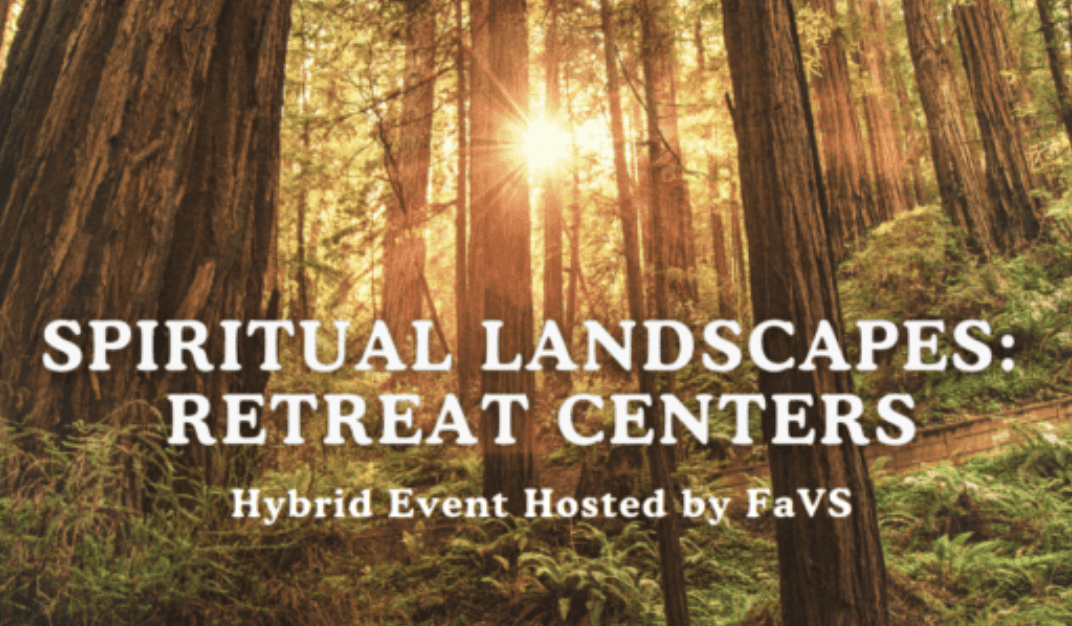The United States is not a Christian country nor is it a theocracy, no matter what some people want. We, the people, at least on paper, believe in a separation between church and state.
So why are we with quibbling with legislation over what is sin? What is sin? Is cutting your hair a sin? Is abortion under any circumstance a sin? Is loving and having a sexual relationship with a consenting adult of the same gender a sin? Is it a sin to marry in the eyes of the law and build a family with that person? Is showing your face in public a sin? Is it a sin to eat pork? Is giving your child medication a sin? Is it a sin not to vaccinate your child? Is swimming on Sunday a sin? Is wearing a wool and linen blend suit sinful? Is borrowing or lending money a sin? Is it a sin to buy products from foreign sweat shops that employ children?
Religions by their nature determine what is sinful for their members but should our government be letting one religion dictate what can or cannot happen in public places. Public places are shared space — space into which people of any number of religions can come and learn, enjoy spring flowers, purchase goods or services, find entertainment or simply sit and eat with friends.
How is it OK to allow religious judgments about what is sin into these shared spaces?
An LDS temple requiring membership plus other criteria to enter their sacred spaces, I understand. A synagogue banning anyone who would paint a swastika on a wall from entering their place of worship, I understand. A Christian church preventing a gay marriage in their sanctuary, I understand. A mosque requiring women to be well covered with clothing, I understand. These are private and sacred religious structures separated and given special privileges by the laws of the United States. And the benefit of a separation of church and state is that we can encourage religions to practice as they wish without interference from the state. But can we not also allow citizens in public places to enjoy the fruits of their labors and equality under the law, regardless of whether someone of one of the many religious traditions in this country feels they are sinning in the privacy of their own home or in their religious community?
It is a matter of where we draw the line. Do we ban all abortions because some religious people believe it is a sin? Do we shut down all hospitals because some religious people believe that health care should be left to God alone? Do we make all grocery stores and restaurants sell only foods that are allowed by the religions of all American, including atheists and vegan pagans? Should the goods and services available in acupuncture clinics, real estate offices, big box stores and small businesses be held to a standard determined by a consensus of all spiritual leaders in the United States?
I agree with Tim Cook, who said in a Washington Post article, “There’s something very dangerous happening in states across the country. A wave of legislation, introduced in more than two dozen states, would allow people to discriminate against their neighbors.”
By saying that we believe in a separation of church and state we are drawing a line. The only question that remains is: where will that line be and who are we willing to discriminate against in our effort to appease one religion or another? Or can we say, if you choose to sell goods or provide services in public spaces, you don’t get to discriminate?








Vey nice post. Very strong and rational points.